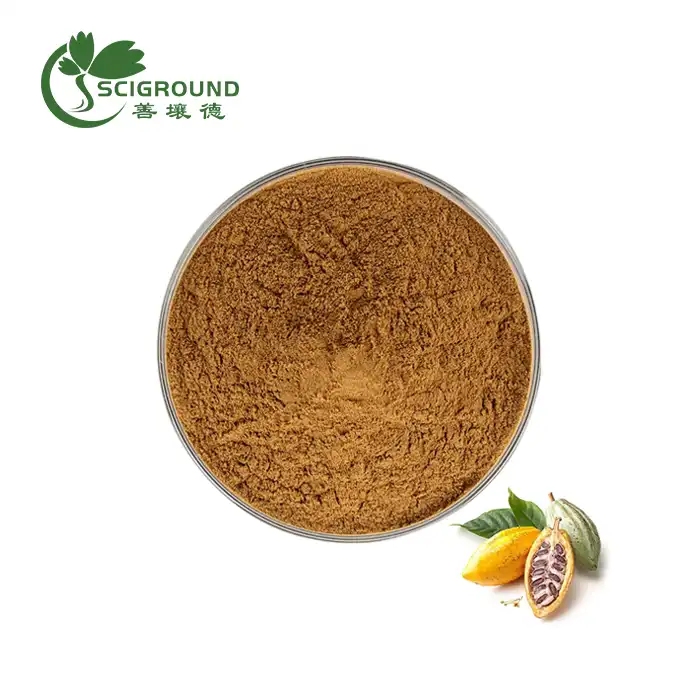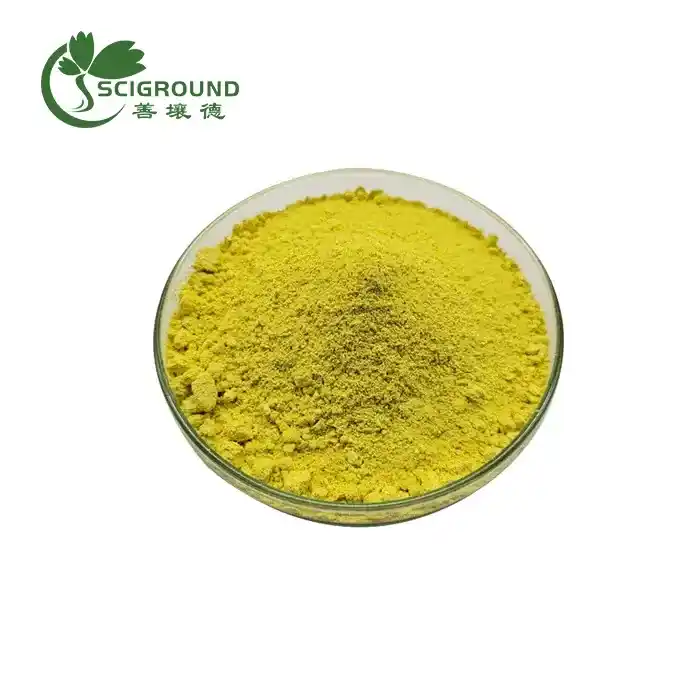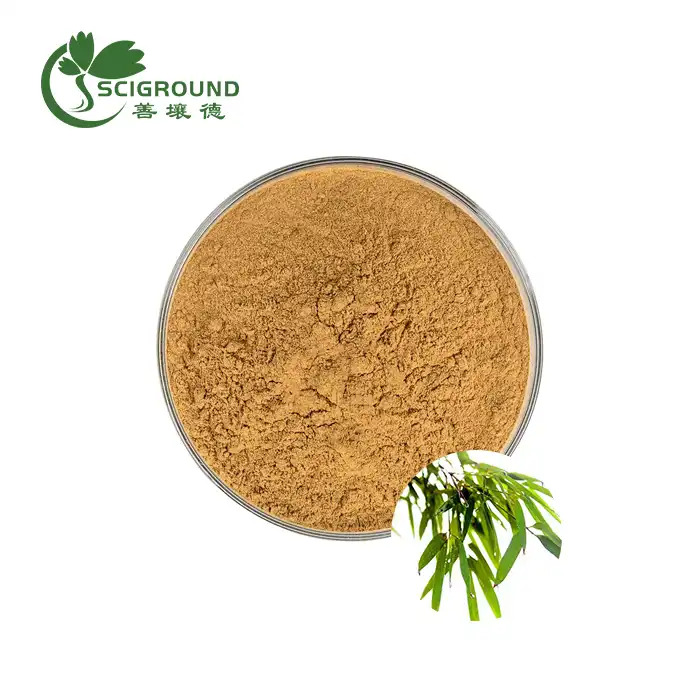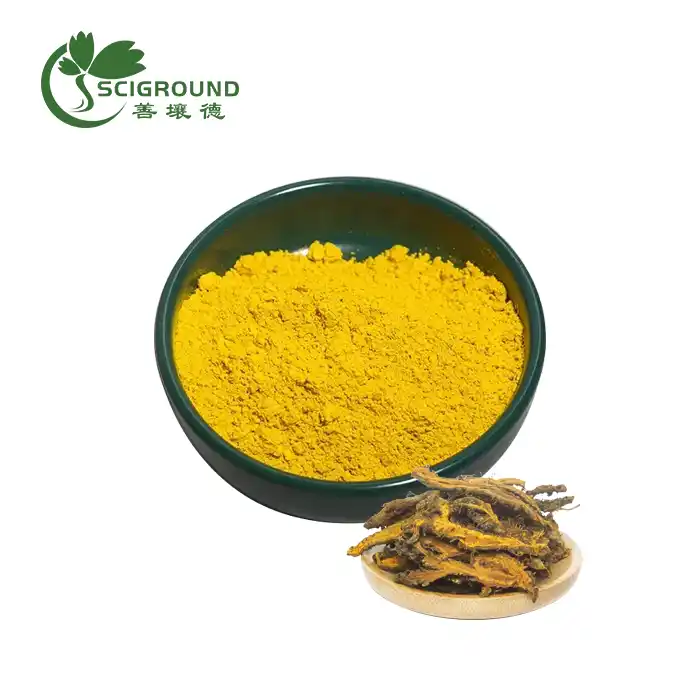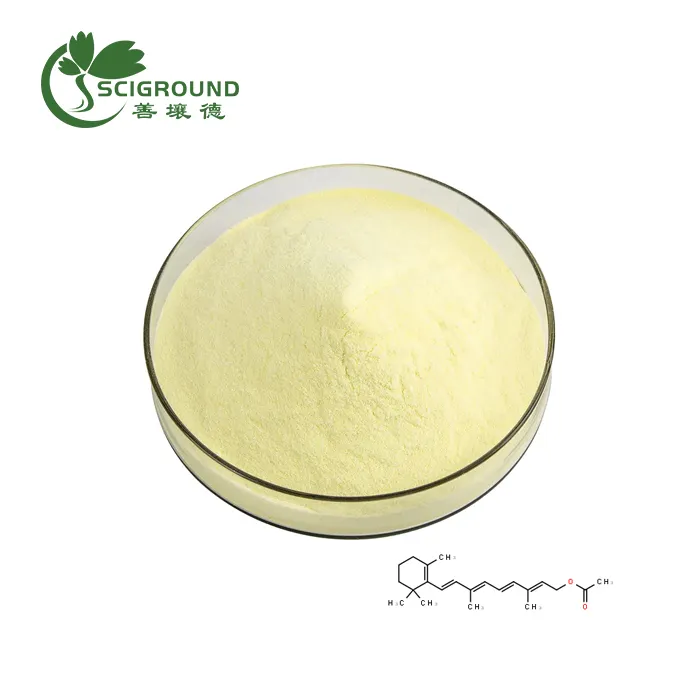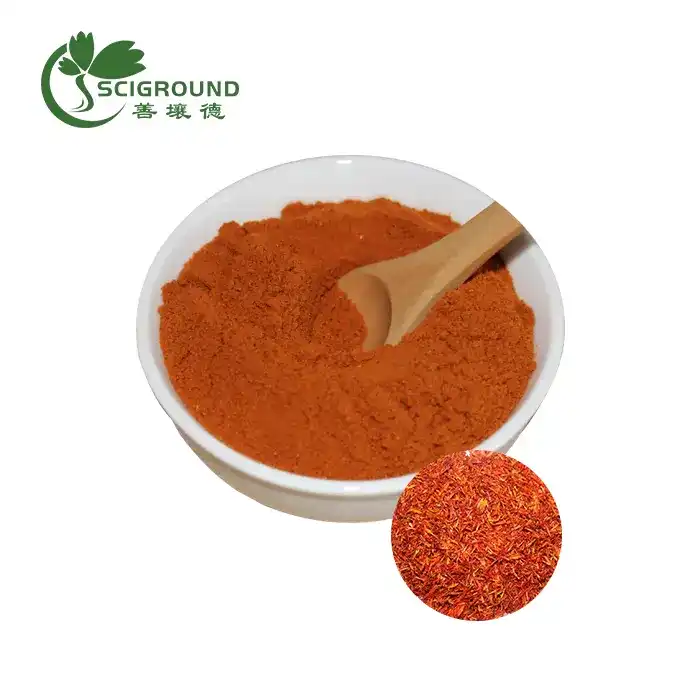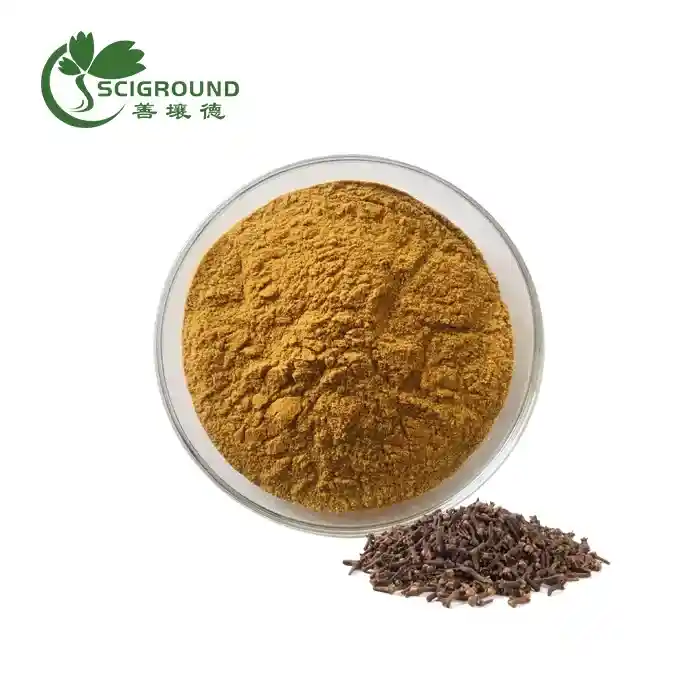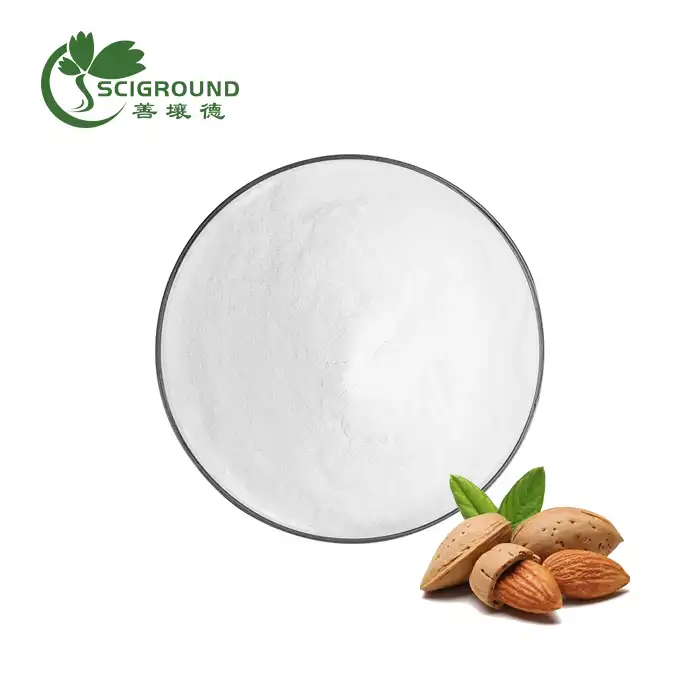Does Alfalfa Extract Contain Calcium?
Dive into the natural wealth encapsulated in alfalfa, a botanical gem revered for its nutrient density. Bursting with vitamins and minerals, alfalfa extract is a stealthy source of calcium, a vital mineral for bone health. Join the alfalfa enthusiasts and let your journey to well-rounded wellness begin with the green goodness that nourishes from root to tip. Elevate your calcium intake with the organic embrace of alfalfa extract—a leafy secret waiting to fortify your bones. #AlfalfaWellness #CalciumBoost
Is alfalfa high in calcium?
Alfalfa, a nutrient-dense legume, indeed boasts a commendable calcium content, making it a valuable addition to a well-rounded diet. While not as renowned as dairy products for calcium, alfalfa contributes meaningfully to this essential mineral's intake.
In a 100-gram serving of fresh alfalfa, one can find approximately 32 milligrams of calcium. While this may seem modest compared to dairy sources, it becomes noteworthy given alfalfa's versatility and potential for inclusion in various culinary creations, salads, or even as a supplement.
Moreover, alfalfa stands out as a rich source of other bone-nourishing nutrients such as vitamin K and magnesium, both pivotal for optimal calcium absorption and bone health. Its nutrient synergy enhances the overall benefits for skeletal wellness.
In addition to providing calcium, alfalfa's nutritional profile encompasses vitamins A, C, and E, as well as various B-vitamins, making it a powerhouse of essential nutrients beyond just calcium.
However, it's crucial to acknowledge that the calcium content can vary based on factors such as growing conditions and processing methods. As with any dietary component, balance and diversity remain key. Combining alfalfa with other calcium-rich foods ensures a comprehensive approach to meeting daily calcium needs.
Whether incorporated into salads, consumed as sprouts, or taken as a supplement, alfalfa can play a valuable role in enhancing calcium intake, especially for those seeking plant-based alternatives or looking to diversify their nutrient sources. As always, consulting with a healthcare professional or nutritionist can provide personalized guidance on incorporating alfalfa into a balanced and calcium-rich diet. Alfalfa stands as a green ally in supporting bone health, offering a natural and vibrant boost to your daily nutrient intake.
What does alfalfa contain?
Alfalfa, a nutrient-packed legume, offers a diverse array of essential vitamins, minerals, and other bioactive compounds, making it a valuable addition to a healthy diet. This green gem contains a notable blend of:
Vitamins: Alfalfa is rich in vitamins, including vitamin A, known for supporting vision and skin health; vitamin C, a powerful antioxidant; and various B-vitamins, crucial for energy metabolism.
Minerals: Alfalfa is a source of essential minerals such as calcium, which contributes to bone health; magnesium, vital for muscle and nerve function; and potassium, crucial for maintaining fluid balance.
Proteins and Amino Acids: Alfalfa provides plant-based proteins and a spectrum of amino acids, the building blocks of proteins, necessary for tissue repair and growth.
Chlorophyll: The vibrant green color of alfalfa is attributed to chlorophyll, a plant pigment with potential antioxidant and anti-inflammatory properties.
Phytochemicals: Alfalfa contains phytochemicals like saponins and flavonoids, which may contribute to its antioxidant and anti-inflammatory effects.
Incorporating alfalfa into your diet, whether as sprouts, supplements, or fresh greens, offers a nutrient-rich boost, promoting overall health and well-being. Always consult with a healthcare professional for personalized advice, especially if you have specific health concerns or conditions.

What are the mineral contents of alfalfa?
Among the various minerals found in alfalfa, calcium is indeed present. It contains around 1.5% calcium by weight. While this may not seem like a large amount, incorporating alfalfa into your diet can contribute to your overall calcium intake.
It's important to note that the calcium content may vary depending on various factors such as the quality of the soil where the alfalfa is grown and the specific harvesting and processing methods used.
Calcium is essential for maintaining strong bones and teeth, as well as supporting proper muscle and nerve function. Adequate calcium intake is especially crucial during childhood and adolescence when bone growth occurs rapidly.
However, it's worth mentioning that alfalfa alone may not provide all the necessary calcium required for optimal health. It is always recommended to maintain a balanced diet that includes other calcium-rich foods such as dairy products, leafy greens, and fortified plant-based milk.
In conclusion, yes, alfalfa extract does contain calcium, although the amount may vary. Incorporating alfalfa into your diet can be a beneficial way to increase your calcium intake, but it should not be relied upon as the sole source of this essential mineral.
Remember to consult with your healthcare provider or a registered dietitian to ensure you are meeting your calcium needs for overall health and well-being.
Reference:
Wang, J., Cao, Y., Sun, B., Wang, C., & Liu, R. (2015). The Antioxidant Activity of Aqueous Extracts from Dried Leaves of Alfalfa (Medicago sativa L.). Plant Foods for Human Nutrition, 70(2), 164–169. doi: 10.1007/s11130-015-0482-z
Cheung, P. C. K., & Ooi, V. E. C. (1996). Antioxidant activity and total phenolics of edible mushroom extracts. Food Chemistry, 66(3), 337–341. doi: 10.1016/S0308-8146(98)00002-2
Hlebowicz, J., Darwiche, G., Björgell, O., & Almér, L. O. (2007). Effect of Crude Extract of Garlic on Cardiovascular Risk Factors in Sprague-Dawley Rats. Metabolism, 56(6), 802–808. doi: 10.1016/j.metabol.2007.01.013
Related Industry Knowledge
- What is Angelica root powder used for?
- What is Cordyceps Mushroom?
- How Is Aloin Removed From Aloe Vera?
- What is American Ginseng?
- How do you dissolve melatonin powder?
- How much resveratrol should I take
- Exploring the Science Behind L-Ornithine as a Supplement
- What Are the Benefits and Applications of L-Lysine Powder?
- A Comprehensive Guide to Purchasing Kudzu Root Extract Powder for Business
- Does bcaa expire
